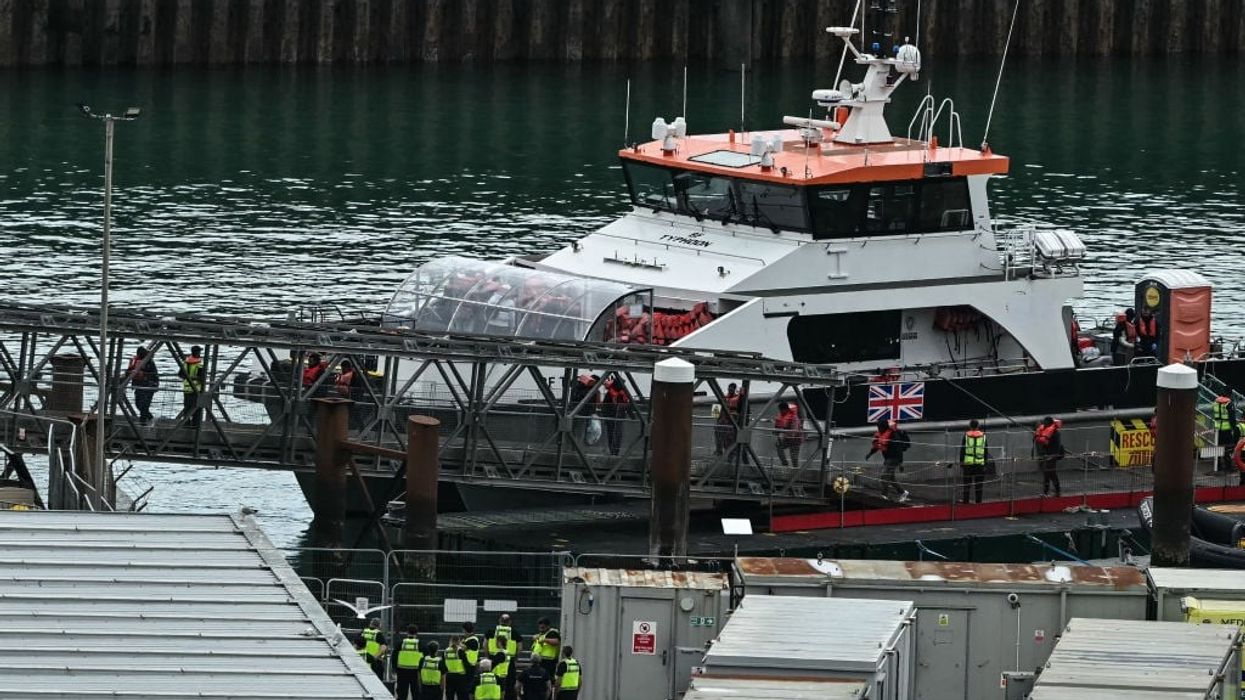FOUR migrants drowned in the Channel overnight off France's northern coast while trying to cross to Britain, French maritime police said Friday (12).
A navy patrol boat went to the site off of Boulogne-sur-Mer after being alerted that several migrants had fallen into the sea, said maritime police.
Four bodies were pulled from the water, but people were also rescued, the police added.
A total of 67 people were aboard the boat, a spokesperson said, adding that 63 of them were rescued by an operation involving four ships and one helicopter.
The UK's new home secretary Yvette Cooper described the deaths as "truly awful".
"Criminal gangs are making vast profit from putting lives at risk," she wrote on X.
"We are accelerating action with international partners to pursue & bring down dangerous smuggler gangs," she added.

The Labour government on Saturday (6) confirmed it was scrapping a plan to deport migrants to Rwanda in an effort to reduce the number of irregular migrants arriving on the country's shores.
Since Labour's general election win last Thursday (4), nearly 500 migrants have arrived in Britain on small boats, according to an AFP tally of official government figures.
Prime minister Keir Starmer has pledged to tackle the problem by smashing smuggling gangs.
The latest Channel fatalities take to 19 the number of people who have lost their life this year trying to cross over to Britain from France on often overloaded boats.
Five migrants died on April 23 off the French coast while trying to make the perilous journey.
A total of 12,313 people have made the crossing so far this year, according to Home Office provisional figures released in mid-June.
The figure is 18 percent higher than for the equivalent point last year, when the figure stood at 10,472.
(Agencies)





